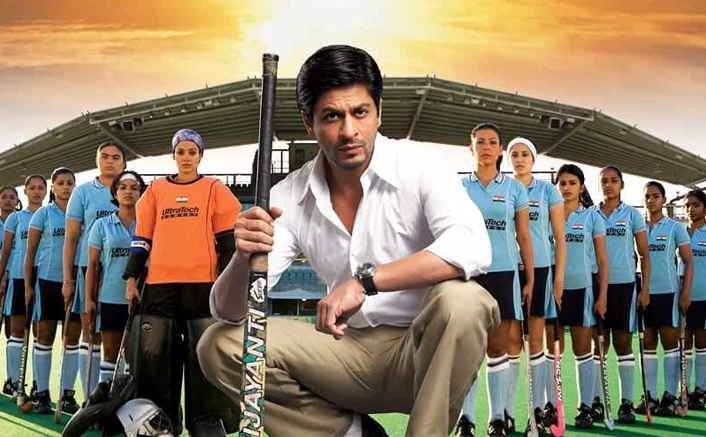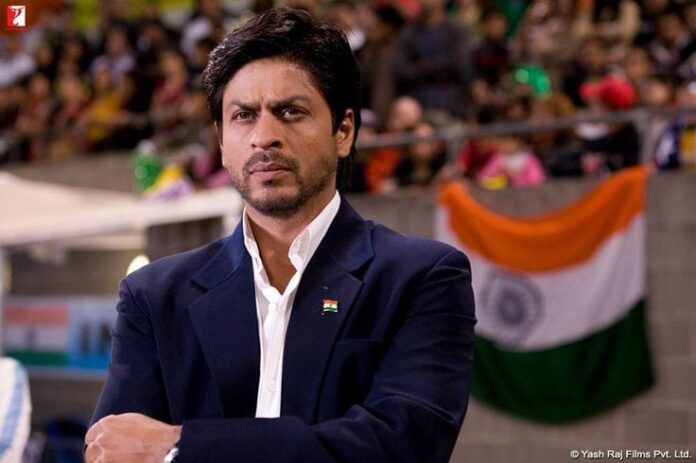October 24, 2024: Veteran actor Annu Kapoor recently ignited controversy with his comments regarding Shah Rukh Khan’s film Chak De! India.
In an interview, he asserted that the character of Kabir Khan, portrayed by Shah Rukh Khan, was based on real-life coach Mir Ranjan Negi, but criticized the filmmakers for altering the character’s identity to that of a Muslim. Kapoor stated, “The main character in Chak De! India is based on a famous coach, Negi Saab. But in India, they want to show a Muslim as a good character and make fun of a Pandit (Hindu priest).”
His remarks allude to a broader narrative trend in Bollywood where he believes filmmakers might prioritize representing Muslim characters in a favorable light, using the concept of Ganga-Jamuni Tehzeeb—a cultural ethos promoting Hindu-Muslim unity—as a framework for storytelling. This perspective has sparked significant discussion among audiences and commentators regarding representation and identity in Indian cinema.
ALSO READ : Annu Kapoor Reacts On Controversy Over Kissing Scene With Priyanka Chopra
Chak De! India, released in 2007, follows Kabir Khan, a former Indian men’s hockey player who, after facing allegations of betrayal following a crucial match against Pakistan, seeks redemption by coaching the underperforming Indian women’s hockey team. The film is celebrated for its themes of teamwork, resilience, and empowerment.

Annu Kapoor, who has an extensive filmography including classics like Mandi, Mr. India, Darr, and Aitraaz, is known for his candid opinions and involvement in various creative projects, including his radio show Suhaana Safar With Annu Kapoor and his directorial work on the film Abhay.
His comments have reignited debates about the portrayal of religious identities in Indian films and the cultural narratives that shape them, reflecting ongoing discussions about representation, stereotypes, and the complexities of Indian society.


